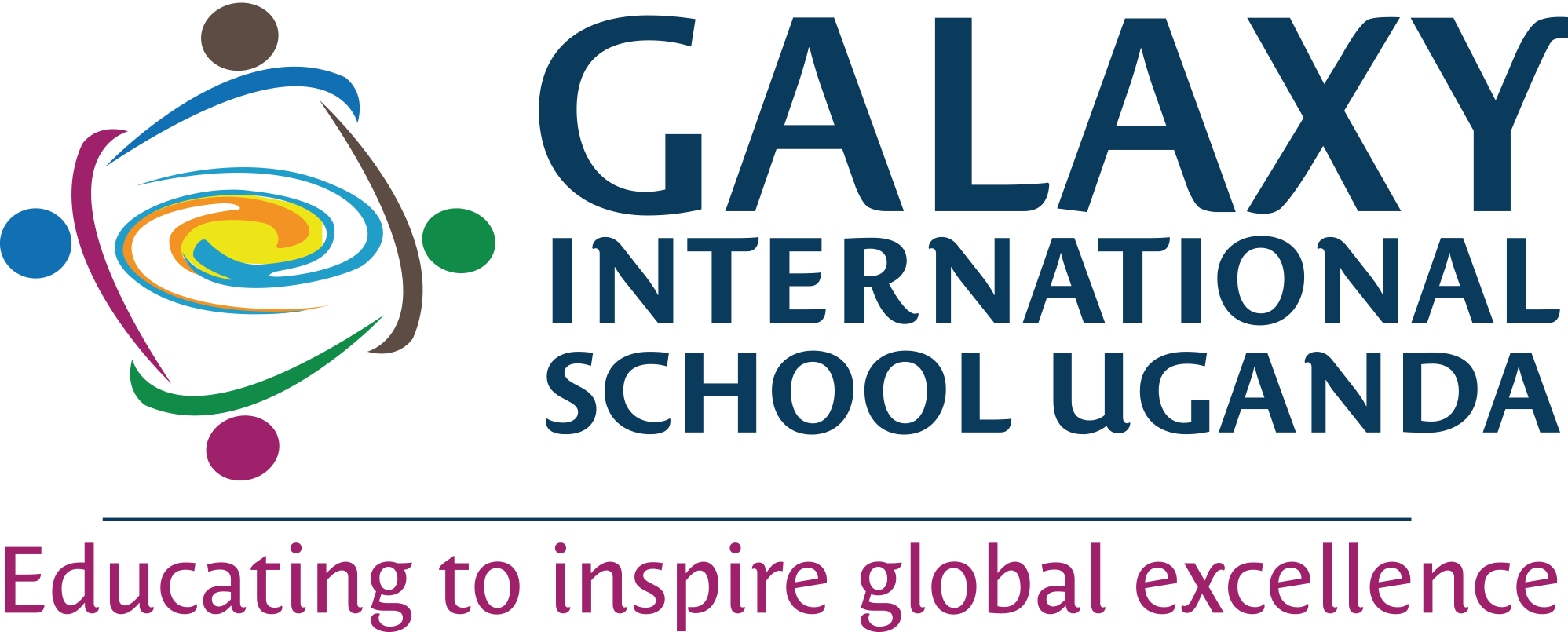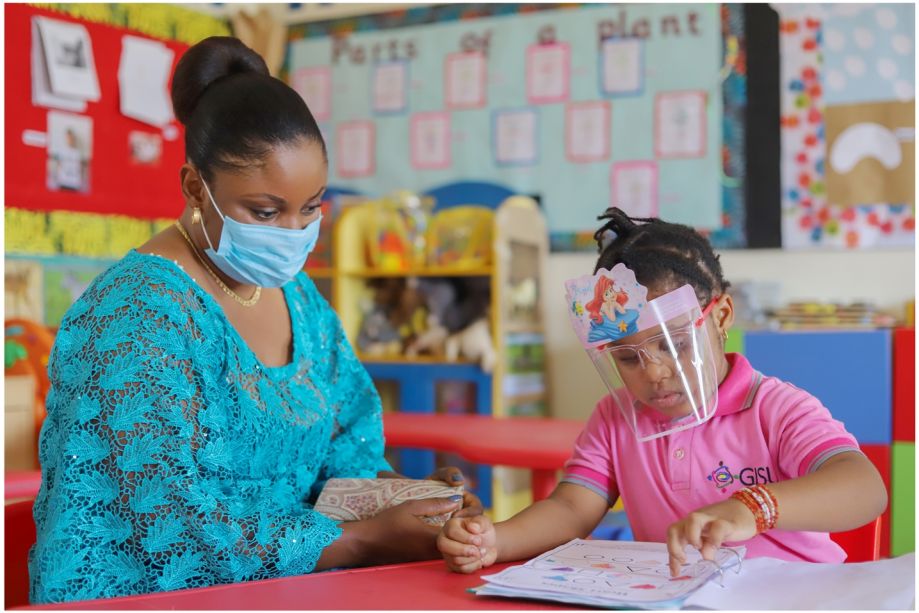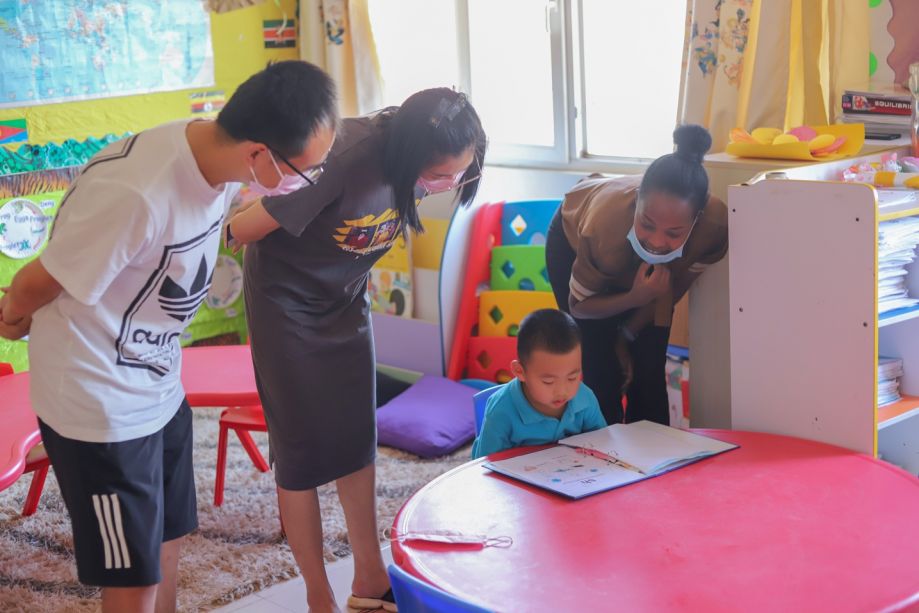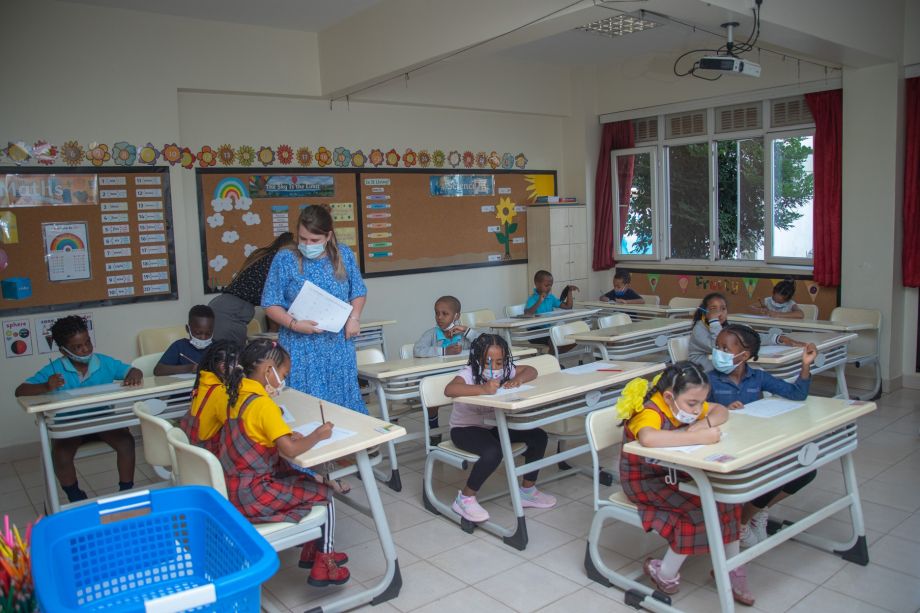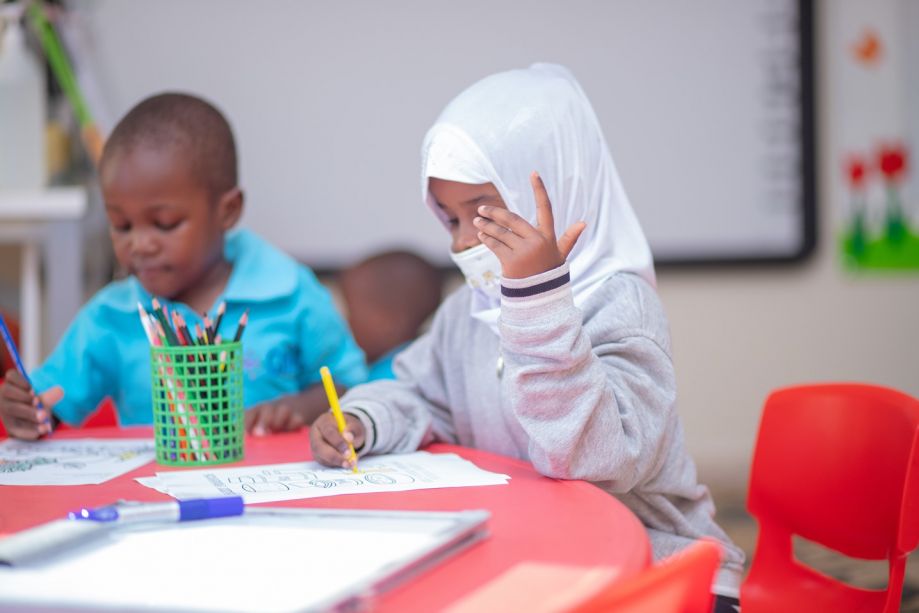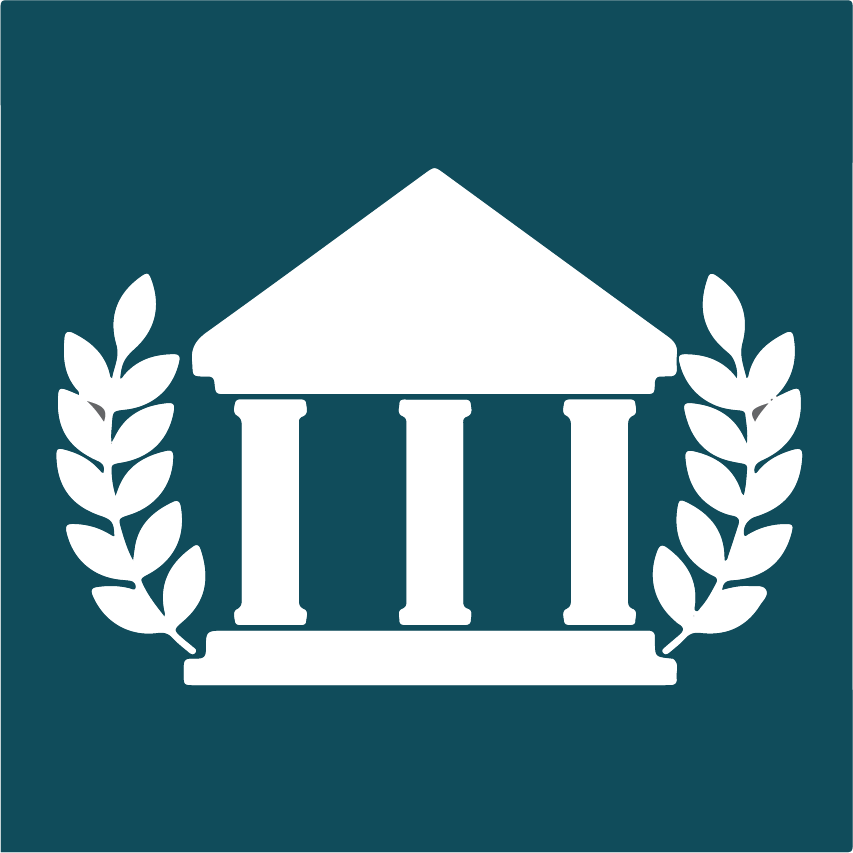
Teach at Galaxy International School Uganda in Uganda
About Galaxy International School Uganda
Welcome to Galaxy International School Uganda!
Galaxy International School Uganda (GISU) provides international education to students between 2 and 19 years of age. From Early Years to Year, 13 students are taught using student-centred methods. Emphasis is on the development of the whole person. Students in Years 10 and 11 are prepared for the International General Certificate of Secondary Education (IGCSE) examinations and those in Years 12 and 13 are prepared for Cambridge AS/A Level examinations.
These examinations administered by Cambridge International Examinations (CIE) are recognized worldwide. The school is privately owned by a Board of Governors and the day-to-day running of the school is managed by the Principal. The school is staffed with qualified and experienced staff from the UK, USA, Canada, Australia, Europe, and East Africa.
Galaxy International School Uganda is accredited by the Council of International Schools (CIS) and is a Full Member School of the Association of International Schools in Africa (AISA).
Vision
“To be the best international school that empowers all students to be creative, self-reliant, respectful and moral individuals for a better world."
Mission
“To offer a contemporary and hollistic education in a safe environment.”
Latest teaching jobs at Galaxy International School Uganda in Uganda
No job postings are available.
No job postings are available.
Galaxy International School Uganda images
